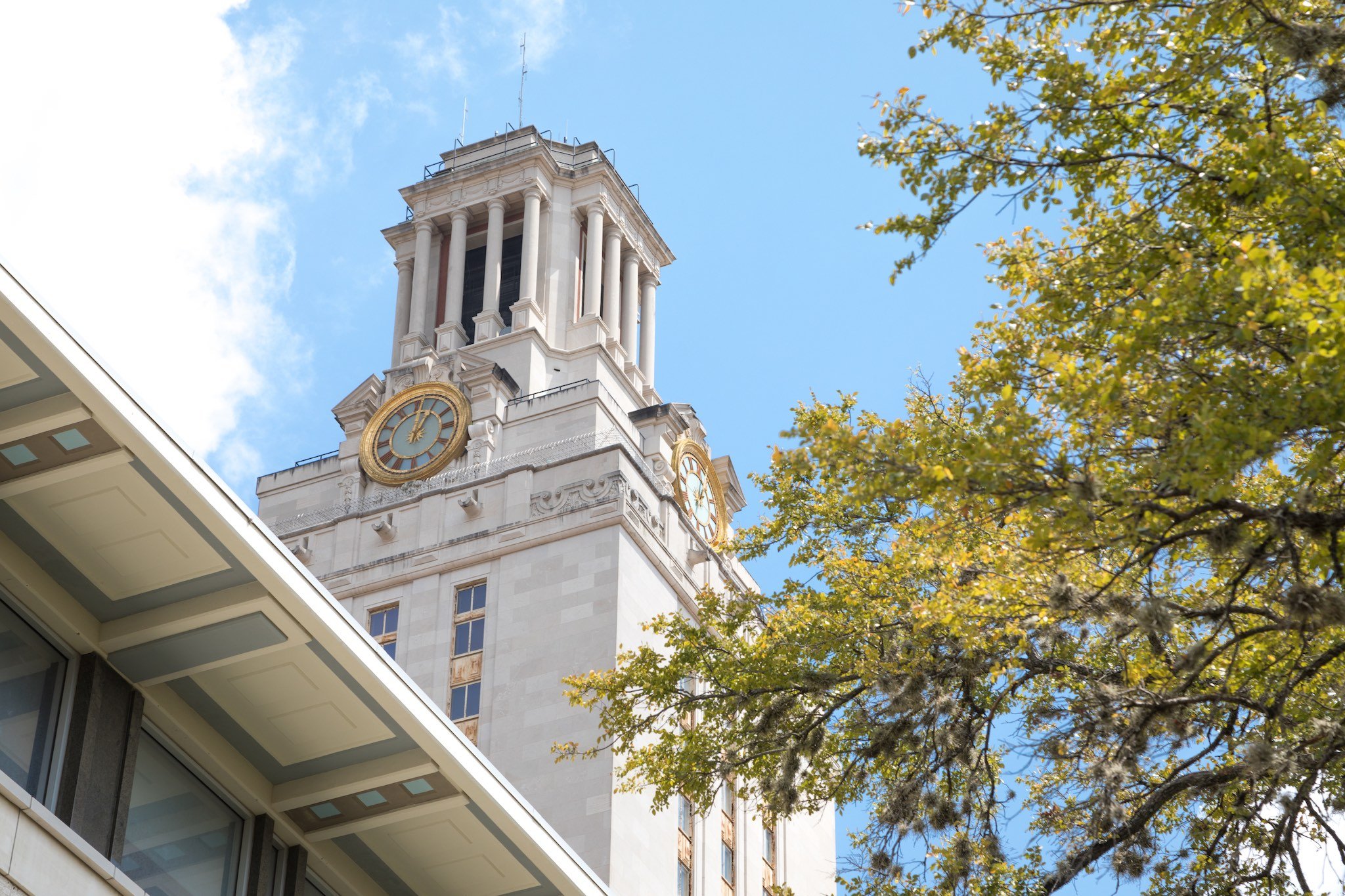Internet Unites Against Proposed Online Anti-Piracy Legislation
Opponents say SOPA and PIPA are nothing short of internet censorship.
Today, in an unprecedented display of solidarity, many of the net’s most-trafficked sites (and a whole host of sites not-so trafficked) have united against online anti-piracy legislation. In protest, several sites including major players Reddit, the English version of Wikipedia and wordpress.com have gone completely dark, save asking you, the Internet user, to contact Congress to stop these bills.
The ever-changing Google doodle is now covered with a black bar. On Reddit, you’ll find the site’s iconic alien frowning. At Wikipedia, you can’t scrounge up last-minute quotes for that homework assignment because the online encyclopedia is closed.
“For more than a decade, we have spent millions of hours building the largest encyclopedia in human history,” reads a static message on en.wikipedia.org’s main page. “Right now, the U.S. Congress is considering legislation that could fatally damage free and open Internet.”
But how?
House Bill 3261 and its twin, Senate Bill 968, better known as the Stop Online Piracy Act (SOPA) and the Protect IP Act (PIPA), respectively, are anti-piracy bills designed to aggressively combat foreign websites that facilitate intellectual property right infringement and the sale of counterfeit goods. SOPA, which was introduced by U.S. Rep. Lamar Smith, R-San Antonio, is still in committee. The Senate is scheduled to vote on PIPA on Jan. 24. These bills grant the U.S. Department of Justice and intellectual property owners the power to seek court orders against sites accused of violating copyright. These court orders could require search engines to refrain from linking to sites accused of piracy, halt payment-facilitating sites such as PayPal from cooperating with them and even require Internet service providers to block access to the sites. In other words, if Viacom finds out that a site is illegally streaming episodes of “Jersey Shore,” your access to said site is toast.
Big deal, right? Online piracy is a problem. A site providing access to intellectual property without permission to do so should be stopped— and several of the sites protesting today agree. The problem is in the way SOPA and PIPA are written. The language is so vague and, as a result, the potential interpretations so extreme that they become tantamount to combating piracy with the nuclear option.
SOPA proponents argue that its restrictions would apply only to foreign sites. Take a look at how “foreign Internet sites” are defined in the bill and prepare to start worrying. Under SOPA, a foreign Internet site “means an Internet site that is not a domestic Internet site.” A domestic Internet site “means an Internet site for which the corresponding domain name or, if there is no domain name, the corresponding Internet Protocol address, is a domestic domain name or domestic Internet Protocol address.” Confused yet?
An analysis on blog.reddit explains that under the proposed legislation, domestic sites like bit.ly could be defined as foreign (.ly is a domain extension primarily used by the general public of Libya). Meantime, foreign sites like thepiratebay.org (a well-known source of pirated media) could be considered domestic since its domain name is registered through the United States.
And as convoluted as the language of these bills is, the lack of forethought in the way their provisions would be enforced is even more confounding. Requiring Internet service providers to block American users’ access to specific sites is a logistical impossibility– and there’s plenty more to hang your online head about.
Gizmondo’s Brian Barrett points out that SOPA grants immunity to sites and services that proactively block sites that illegally provide content.
“Google could easily take it upon itself to de-list every viral video site on the Internet with a ‘good faith belief’ that they’re hosting copyright material. Leaving YouTube as the only major video portal,” Barrett said.
Online communities are at risk as well. In a piece on Slate.com, James Losey and Sascha Meinrath explain that the proposed legislation could spell ruin for social media sites like Facebook, Twitter and Tumblr. “This legislation would enable law enforcement to take down the entire tumblr.com domain due to something posted on a single blog,” they said.
Though social media titans Facebook and Twitter have spoken out against the bills, neither is participating in today’s blackout. Twitter CEO Dick Costolo said, “Closing a global business in reaction to single-issue national politics is foolish.” Facebook founder Mark Zuckerberg stated his opposition to SOPA and PIPA today via (what else?) his Facebook page.
Other sites are following suit, staying logged on for business while protesting a bit less dramatically with links to information about SOPA/PIPA. Even the White House is in on the action. On Jan.14, members of the Obama administration who work on technology and cybersecurity issues said they oppose legislation that “reduces freedom of expression, increases cybersecurity risk, or undermines the dynamic, innovative global Internet.”
There are already tools in place to combat intellectual property violation. YouTube, for example, has an entire section devoted to explaining copyright infringement. It reads: “Anytime YouTube becomes aware that a video or any part of a video on our site infringes the copyrights of a third party, we will take it down from the site as required by law.”
And they do. Try to take a look at any of the music videos listed on Sony Music Entertainment of Japan’s official YouTube channel. You can’t in this country. Yet, Sony Music is on the House judiciary list in support of SOPA.
Then again, the bills aren’t intended to target YouTube or sites like it. It’s the sites intentionally flooding the Internet with downloadable copies of the Adobe Creative Suite and gigabytes of Hollywood movies that should be headed for the hills, right?
Not exactly. PIPA/SOPA’s ideal target, The Pirate Bay, a site notorious for making everything digital available for download doesn’t see the legislation as a threat—not to their continued existence anyway.
“It’s obvious that the U.S. has too much influence on the Internet and the world’s politics,” a Pirate Bay “insider” (who naturally chose to be anonymous) said in a piece on TorrentFreak.com. “The Internet is a global infrastructure and can’t be run in one single country.”
But the best reasons for opposing the SOPA and PIPA aren’t Orwellian conspiracy theories or a deep-seated belief that downloading shaky cam versions of movies before they’re released on Blu-ray is an unforgivable sin. These bills should be opposed because they’re messy; their language and provisions are so poorly defined that they can only do more harm than good. If the price to avert that particular disaster is a day without cat videos, I’m more than willing to pony up. I can has my cheezburger tomorrow.


